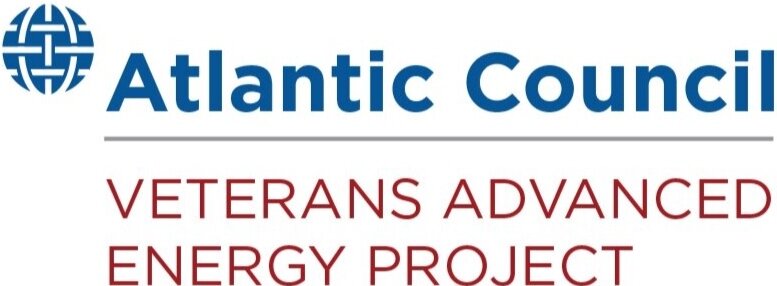William Friedl is an experienced and accomplished individual with a strong background in leadership development, operations management, and organizational design. Graduating from the USAF Academy in 2012, he immediately embarked on the 2.5-year combat rescue officer pipeline, honing his skills and gaining invaluable experience in the field.
As an operational officer for five years, William led two personnel recovery deployments in Turkey and Korea, navigating vastly different conflicts and priorities. His ability to adapt and excel in challenging environments showcased his strong leadership capabilities. Additionally, he designed and built logistics and operational programs that greatly enhanced his units' effectiveness on the ground.
William's dedication to training and development was evident during his time as a training manager at the USAF Academy. He created and project-managed a leadership course that impacted 1000 cadets and 600 staff members over a span of three months. His commitment to fostering growth and building strong teams was evident in his successful execution of this program.
After leaving active duty, William decided to continue serving as a reservist combat rescue officer while simultaneously venturing into the entrepreneurship world. He successfully bootstrapped a three-year-old company in an unfamiliar industry, establishing himself as a capable and resourceful leader.
Having spent the last three years overseeing projects in multiple sectors of the industry, William has developed a broad technical expertise that spans mechanical maintenance, inspections, and blade repair for multiple turbine makes and models. Additionally, he is knowledgeable on overall operations management and systems development.
As William embarks on the Veterans Advanced Energy Project Fellowship, he is excited to combine his technical understanding with policy development to help further the industry at large. With his determination and adaptability, William is well-equipped to overcome any challenges and contribute significantly to the fellowship program.
If you could have any superpower, what would it be and why?
If I could have any superpower, I would definitely choose the ability to create worlds. It would be an incredible power to have, as I would be able to design and shape entire universes, bringing my imagination to life. The thought of having the ability to construct new worlds with their own unique landscapes, creatures, and civilizations truly excites me.
What are you most excited and concerned about in advanced energy developments?
I'm excited about the opportunities to be found throughout the multiple industries involved in re-shaping the climate impact of the energy sector. There is so much more work to be done than can be met with current capabilities, so there is a lot of room for impact and development. My concern is the potentially partisan-polarizing approach to moving forward. Because of the long project-development timelines in this industry, we need steady policy that can be reliably impactful through any political environment.
How did the military influence your career trajectory into energy?
My time in the military taught me determination, problem-solving, and self awareness. These skills were crucial in my transition to being an entrepreneur in the energy industry. It has not made the path easy or pain-free, but it gave me the tools I now use to overcome the various difficulties along the way. In fact, I still reach out to my mentors in the military to help me make difficult decisions.
Why is energy important to US National Security?
Energy is of utmost importance to US National Security as it serves as the lifeblood that powers our daily operations and infrastructure. Without a stable and reliable energy supply, the functioning of our transportation, communication, healthcare, and military systems would be severely compromised, posing significant threats to our overall national security.
Do you have advice you would like to share with other veterans?
This is for transitioning vets: In the military, you learned skills that are not frequently taught in the civilian sector. Skills like teamwork, communication, problem solving and leadership. The difficult part is that these skills aren’t as quantifiable as certifications and industry experience. Therefore, to get paid what you’re worth, it is imperative to network for your job instead of having your (likely under-experienced) resume speak for you. Use LinkedIn to do this.



